Editörler: Deniz Çoban, M. Didem Demircan, Deniz D. Tosun
Türk Deniz Araştırmaları Vakfı Yayınları
430 Sayfa
ISBN: 978-975-8825-51-6
2020
(görsel ve bilgi: tudav.org)
İçindekiler:
-Foreword v
-Preface vi
-Aquaculture legislation and management of Turkey – Mustafa Altuğ Atalay, Özerdem Maltaş 1
-Spatial planning and site selection for marine aquaculture in Turkey – Mehmet Ali T. Koçer, Mahir Kanyılmaz, Hüseyin Sevgili 3
-Current status of gilthead seabream (Sparus aurata) and European seabass (Dicentrarchus labrax) production in Turkey – Osman Özden, Şahin Saka, Cüneyt Suzer 50
-Candidate species of marine aquaculture in Turkey: Thunnus thynnus, Seriola dumerili and Chelon ramada – Serkan Ilgaz, Burhan Bağcı, Deniz Çoban 69
-Trout mariculture in Turkey – Deniz D. Tosun 94
-Turbot and flounder aquaculture – İlhan Aydın, Hamza Polat, Ercan Küçük, M. Doğan Özdemir 16
-General perspectives of shellfish aquaculture in Turkey – Serpil Serdar, Şükrü Yıldırım 127
-Candidate invertebrate species for marine aquaculture – Mehmet Güler, Halil Şen 140
-Disease problems of marine cultured fish in Turkey: Agents, detection and treatments – Menekşe Didem Demircan, Sema Midilli, Melike Dereli, Özge Otgucuoğlu 165
-Genetic breeding studies of marine fish farming species – Aygül Ekici, Ege Güngör, Rahmi Can Özdemir 200
-Turkish aqua-feed industry and future challenges – Sebahattin Ergün, Murat Yiğit, Sevdan Yılmaz 231
-Advanced aquaculture systems in Turkey – Ercüment Genç, Doğukan Kaya, B. Serdar Yıldırım, Güner Galipoğlu 254
-Potential environmental impacts of marine fish farming and mitigation measures – Uğur Sunlu, Aslı Başaran, Mehmet Aksu 279
-Occupational health and safety in Turkish marine aquaculture – Kürşat Fırat, Ahmet Çabuk, Selçuk Uyumsal 304
-Management systems and certification in marine aquaculture – Ferit Çobanoğlu, Yeşim İnceoğlu Dinçer, Elif Terzioğlu Kahveci 330
-Impact of sex-disaggregated data collection on employment of women in aquaculture sector – Huriye Göncüoğlu-Bodur 363
-Overview of projected climate change impacts on aquaculture, with particular emphasis on mitigation strategy for the Turkish aquaculture sector – Hijran Yavuzcan Yıldız, M. Binhan Ganioğlu 376
-Wild fish communities associated with sea-cage fish farms in the Aegean Sea – Okan Akyol, Tevfik Ceyhan 401
-Marketing and economics of aquaculture in Turkey – Ufuk Atakan Demir, Erkan Sevinç 416
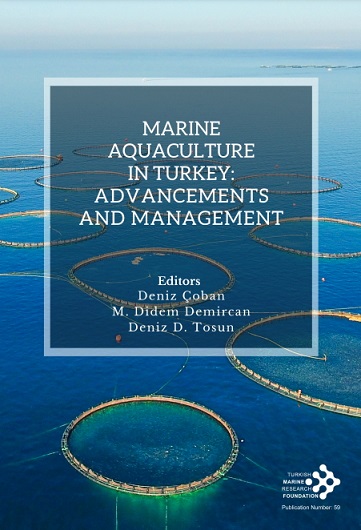
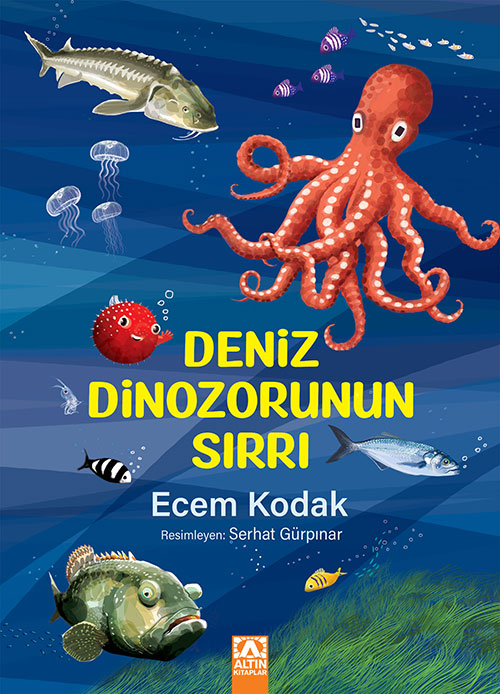
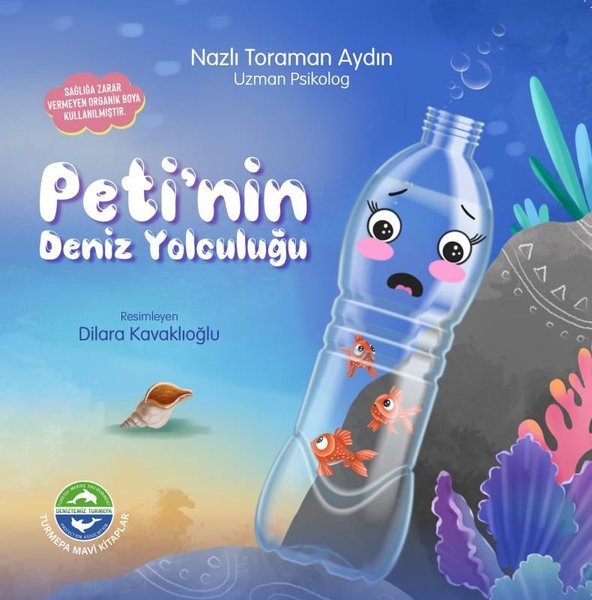
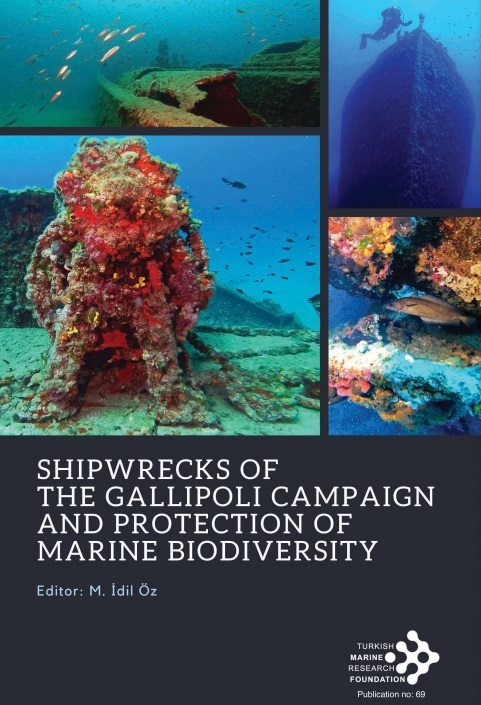
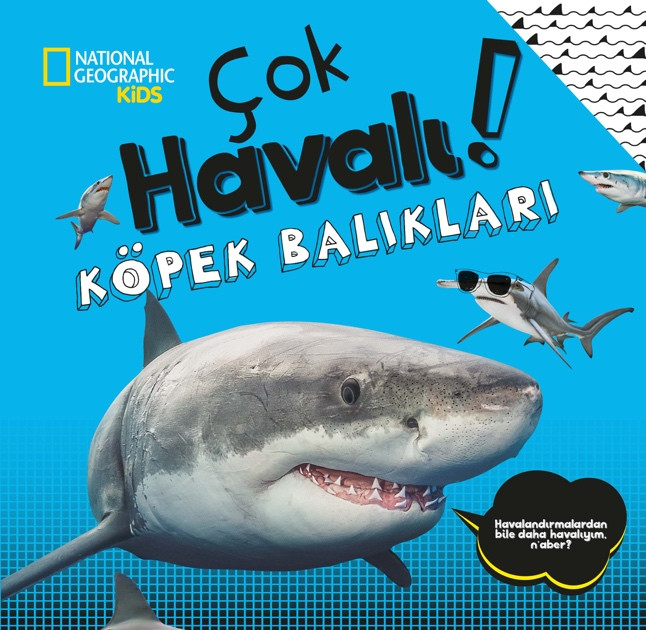
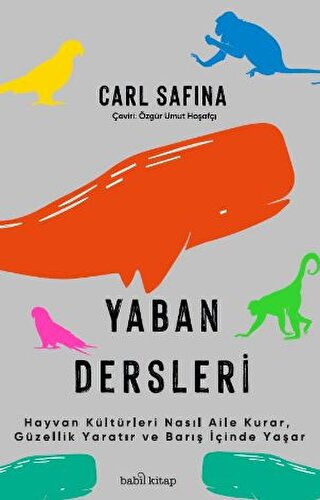
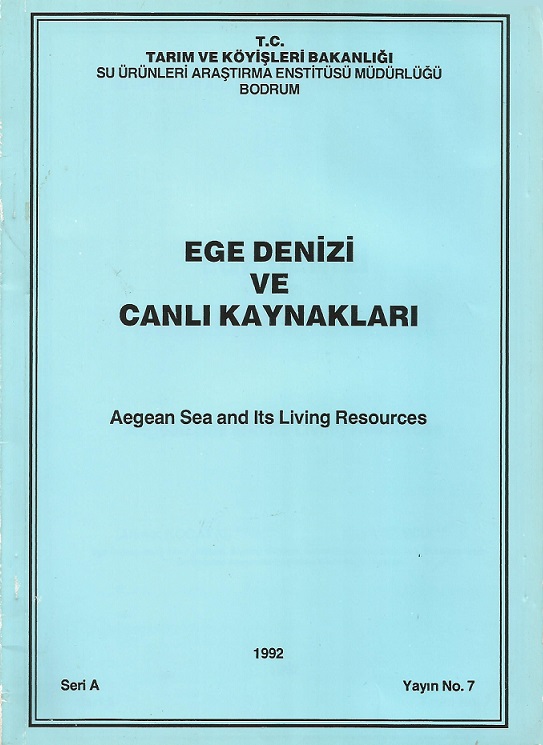
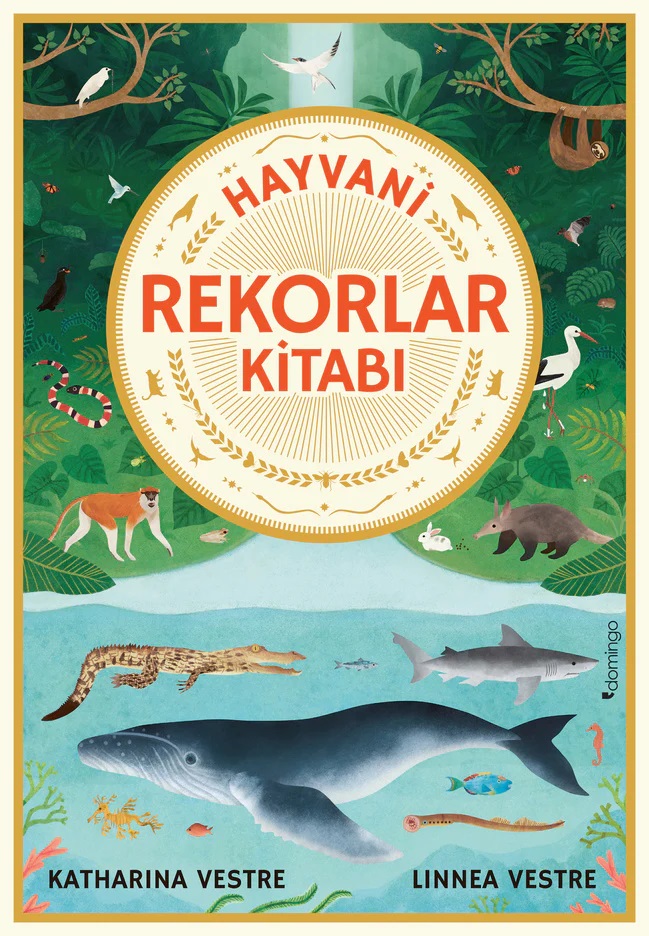
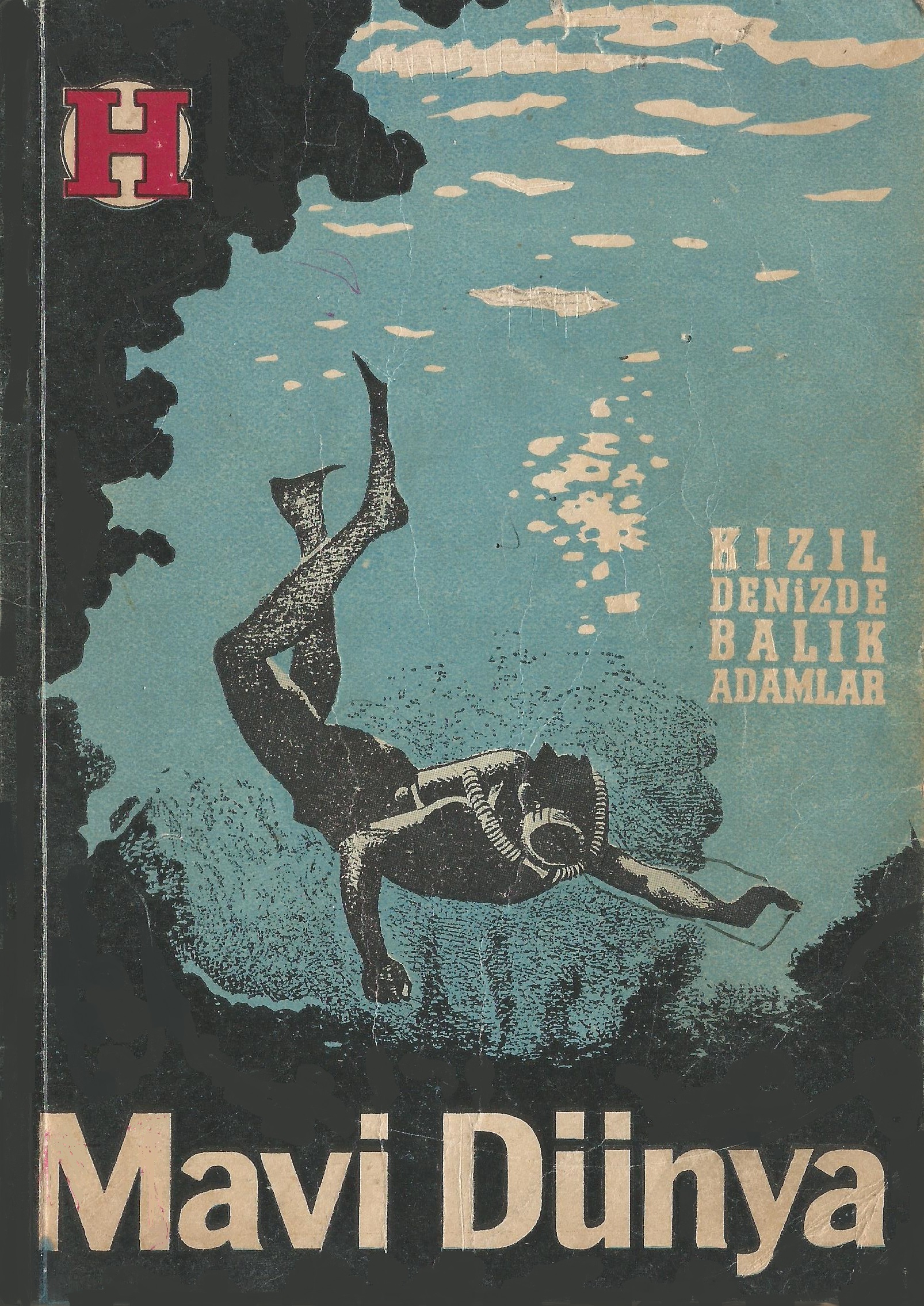
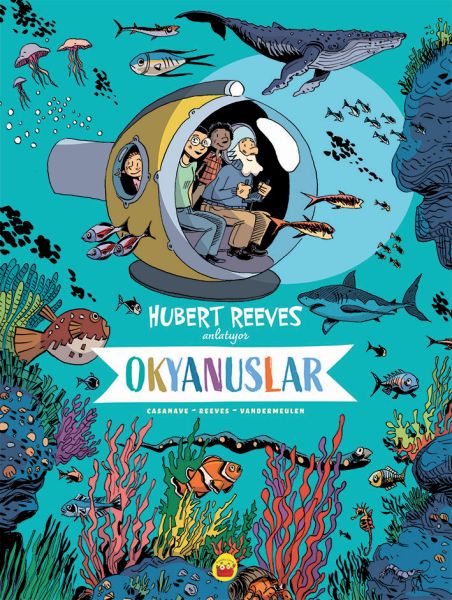

Yorumlar
İlk Yorumu Ekle